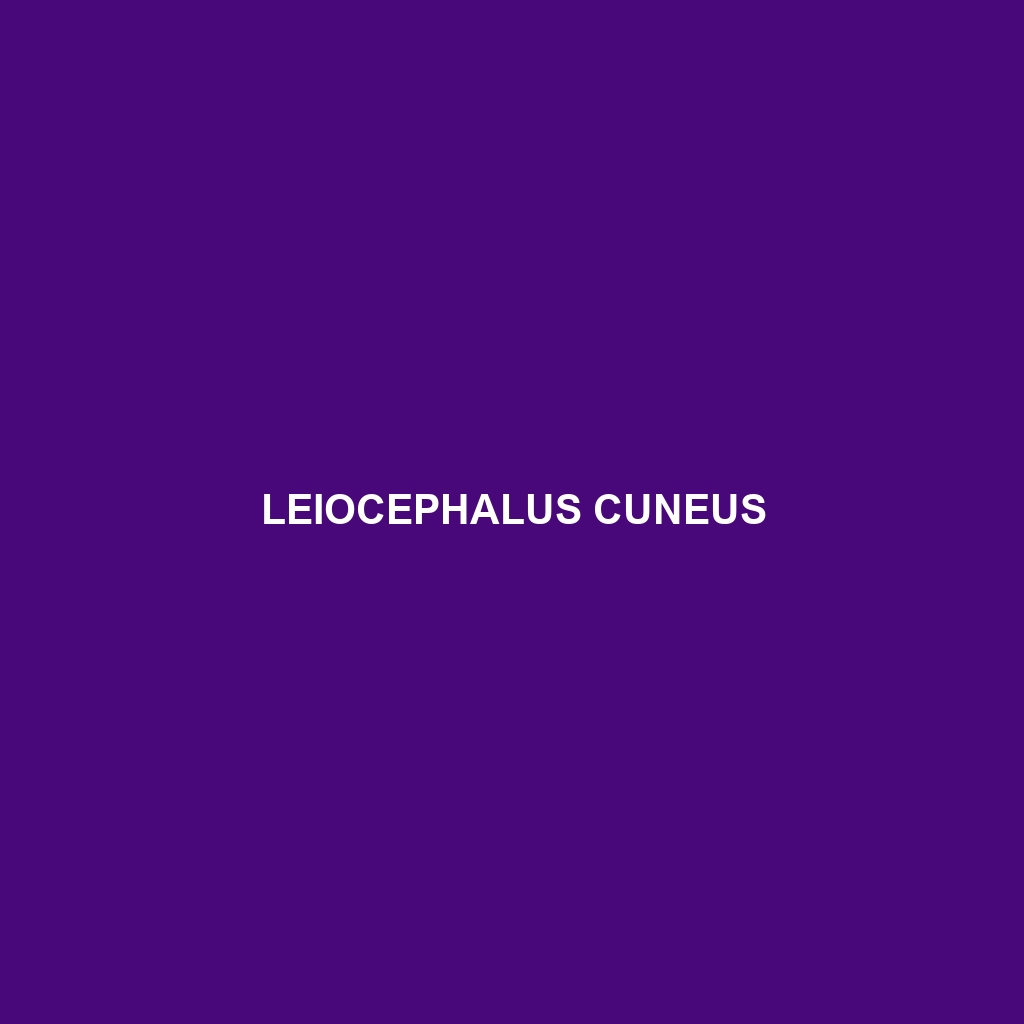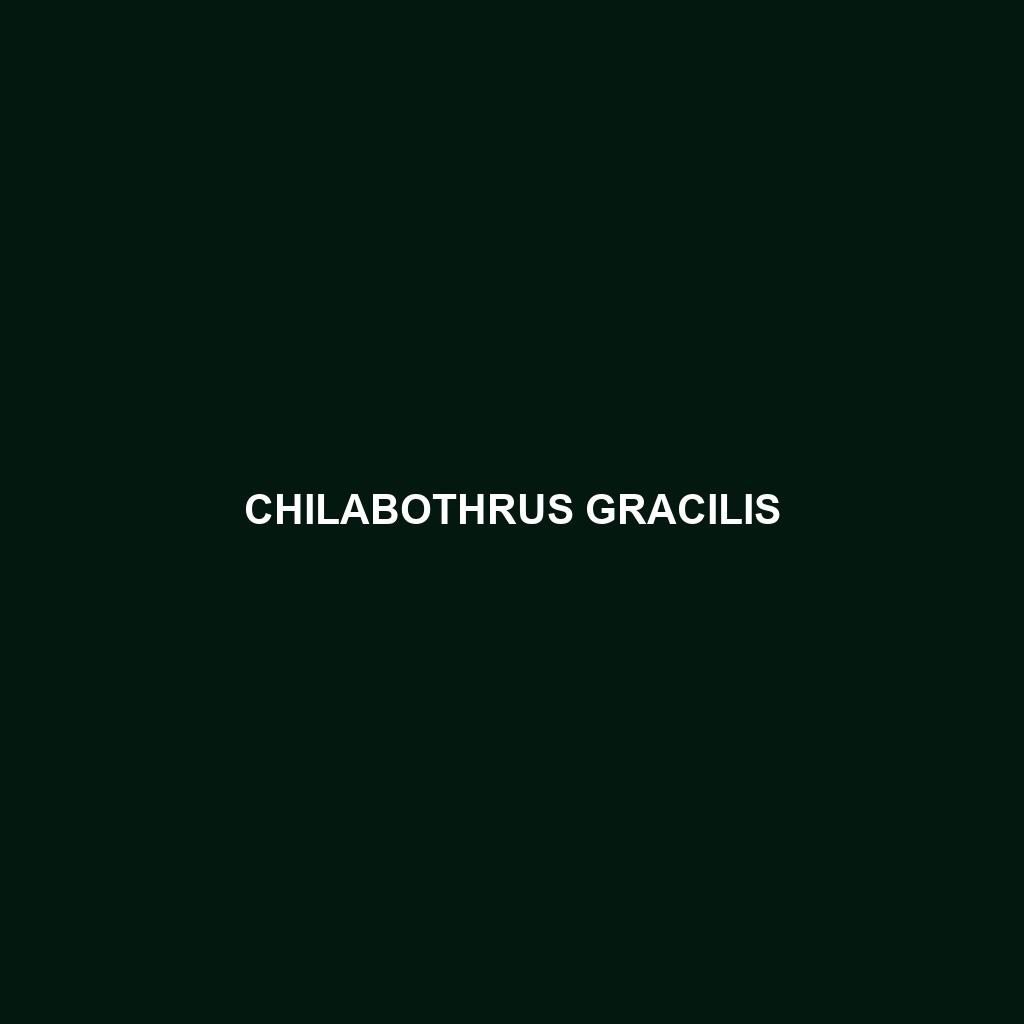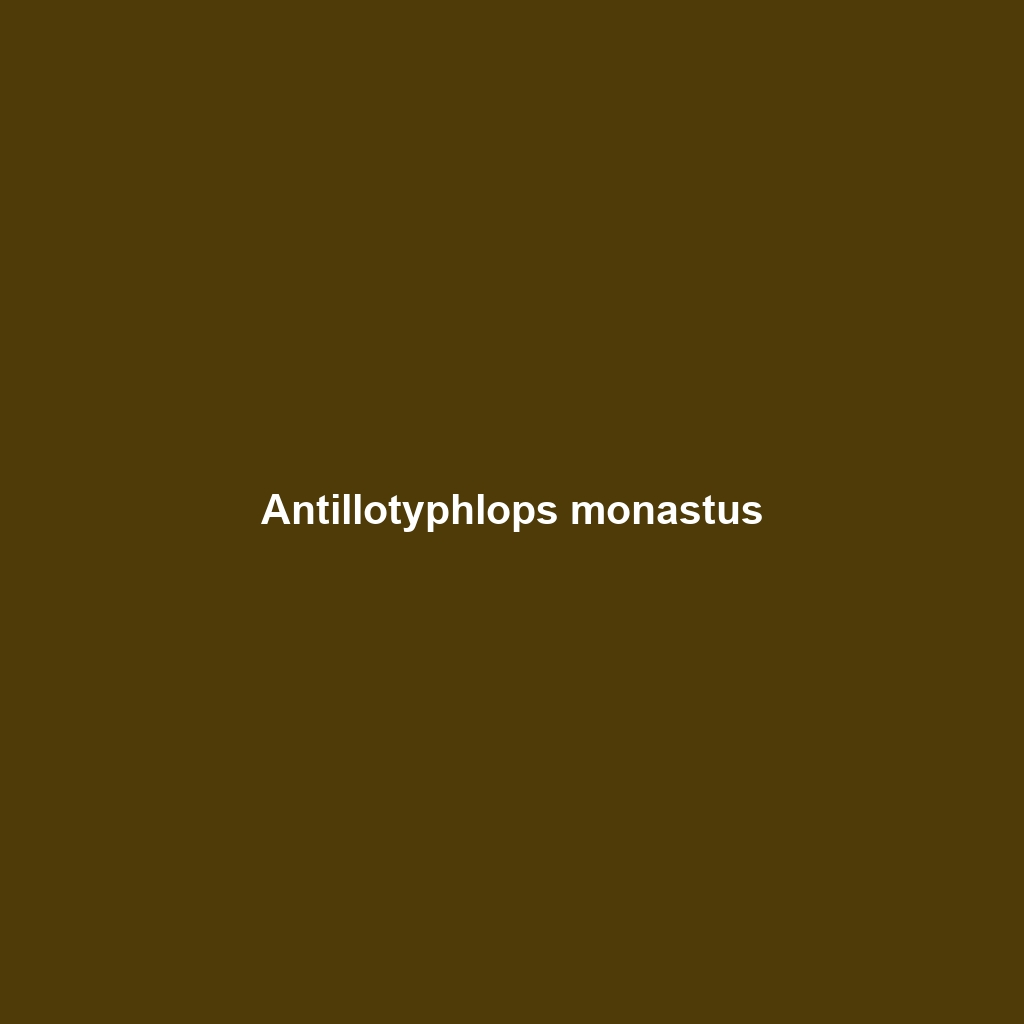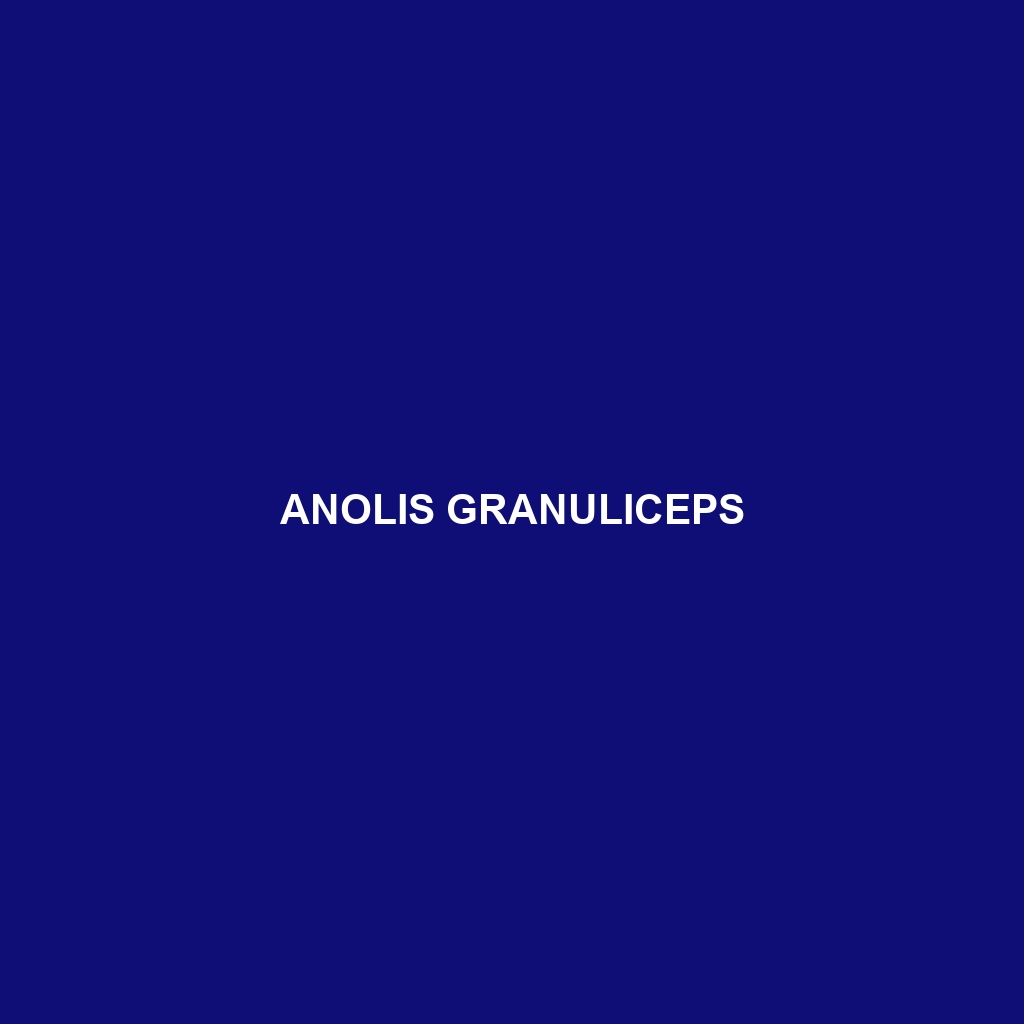Discover the unique <b>Leiocephalus cuneus</b>, or cuneate curlytail lizard, known for its sandy-brown coloration and remarkable adaptability to Caribbean dry forests and grasslands. Active during the day, these insectivorous lizards are distinguished by their streamlined bodies, territorial displays, and fascinating reproductive behaviors.
Tag: Bahamas wildlife
Cyclura pinguis
Discover the Inland Rock Iguana (Cyclura pinguis), a stunning species native to the Bahamas, reaching up to 1.5 meters in length and thriving in arid, rocky habitats. This herbivorous iguana plays a vital role in its ecosystem and exhibits fascinating behavior, including social interactions and unique color changes.
Cyclura collei
The Cyclura collei, or Collie's iguana, is a large herbivorous lizard native to the rocky coastal areas and scrub forests of the Bahamas, known for its striking grey to brown coloration accented with blue or green hues, and its critical role in seed dispersal within its ecosystem. Endangered and requiring conservation efforts, this diurnal species can grow up to 1.5 meters and exhibits fascinating social behaviors and breeding habits.
Cyclura carinata
Discover the remarkable Cyclura carinata, also known as Ridgeway's iguana. This endangered species, found in the rocky coastal regions of the Bahamas, can reach up to 3.5 feet in length and plays a crucial role in its ecosystem as a herbivore and seed disperser.
Chilabothrus granti
<p>Discover the fascinating <i>Chilabothrus granti</i>, or Grant's Boa, a stunning nocturnal snake native to the Caribbean that showcases a striking pattern of dark brown and cream colors, reaching lengths of up to 3 meters. This vulnerable species plays a vital role in its ecosystem by controlling small mammal and bird populations through its arboreal hunting behavior.</p> </div>
Chilabothrus gracilis
Discover the Southern Bahamian Boa (Chilabothrus gracilis), a slender, nocturnal snake native to the Bahamas, known for its beautiful coloration and crucial role in controlling local ecosystems. This species, reaching lengths of 5 to 6 feet, is classified as vulnerable due to habitat loss and invasive species.
Antillotyphlops monastus
Discover the Antillotyphlops monastus, or Antillean blind snake, a small, fossorial species native to the Caribbean, known for its elongated body, cylindrical shape, and unique adaptations for a subterranean lifestyle. This vulnerable species plays a crucial role in its ecosystem by preying on small invertebrates and contributing to soil health.
Anolis kemptoni
Discover the vibrant Anolis kemptoni, a captivating lizard native to the Caribbean's tropical forests, characterized by its green coloration, agile climbing abilities, and distinctive dewlap displays. This vulnerable species plays a crucial role in its ecosystem by controlling insect populations while serving as a food source for larger predators.
Anolis isolepis
Discover the Anolis isolepis, a medium-sized lizard native to the tropical forests of the Greater Antilles, known for its vibrant coloring and remarkable adaptability. This vulnerable species plays a crucial role in its ecosystem by controlling insect populations and serves as both predator and prey.
Anolis griseus
<h2>Product Description</h2> <p><b>Anolis griseus</b> is a resilient lizard native to the Caribbean, notable for its adaptability to diverse habitats, vibrant colorations ranging from earthy browns to vibrant greens, and its role in pest control. With a diurnal lifestyle and effective camouflage, this species is an intriguing addition to any exotic pet collection.</p>









